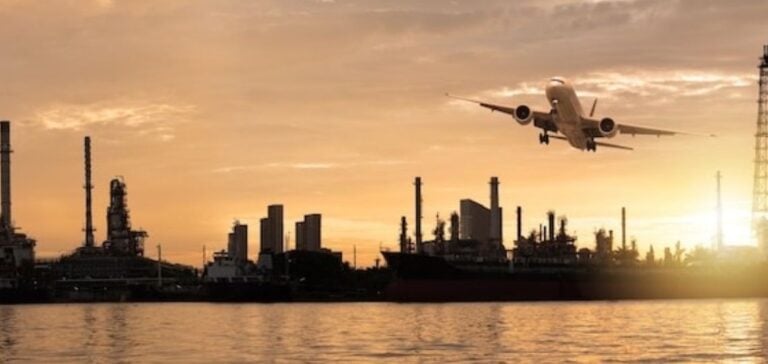ENEOS Holdings and Cosmo Energy Holdings, two of Japan’s leading energy players, are taking immediate action to counter the aviation fuel shortages affecting the domestic market.
ENEOS, faced with increased demand due to the upturn in air traffic, plans to expand production while exploring the possibility of importing additional fuel.
The company has already initiated investments to convert its storage tanks to include aviation fuel, thereby strengthening its logistical capabilities.
Cosmo Energy, also anticipating an increase in demand, is preparing to meet the needs of international airlines by adjusting its supplies.
The company may resort to imports if demand exceeds its production capacity, particularly during the winter months when competition with the kerosene heating market is strong.
Impact of geopolitical tensions and diversification of supplies
Tensions in the Middle East, particularly the possibility of escalation between Iran and Israel, add further uncertainty to oil supplies.
ENEOS is closely monitoring this situation and exploring options to diversify its sources of supply, although the Middle East remains crucial for its imports. Japan, for its part, has reduced its dependence on this region by increasing its oil purchases from Ecuador and the USA, but the country remains vulnerable to geopolitical disruptions.
In this context, ENEOS could draw on Japan’s strategic oil reserves to avoid supply disruptions, should the situation in the Middle East deteriorate further.
This approach is part of a broader risk management strategy, essential to maintaining stable operations.
Investments in sustainable fuels and strategic repositioning
ENEOS is also pursuing its long-term projects with the development of sustainable aviation fuels, a key element in the company’s decarbonization strategy.
Sustainable fuel production, based on hydrotreated esters and fatty acids derived from used cooking oils, is now scheduled for January 2027 at the Wakayama plant.
This initiative reflects the company’s commitment to integrating more environmentally-friendly energy solutions while meeting growing market demands.
In parallel, ENEOS plans to rename its exploration division JX Nippon Oil & Gas Exploration to ENEOS Xplora from January 2025.
This name change accompanies a diversification of the company’s activities to include carbon capture and storage technologies, in response to global imperatives to reduce emissions.
These strategic developments are essential to strengthen the company’s position in the energy market and to meet the complex challenges associated with the supply of aviation fuel in Japan.






















